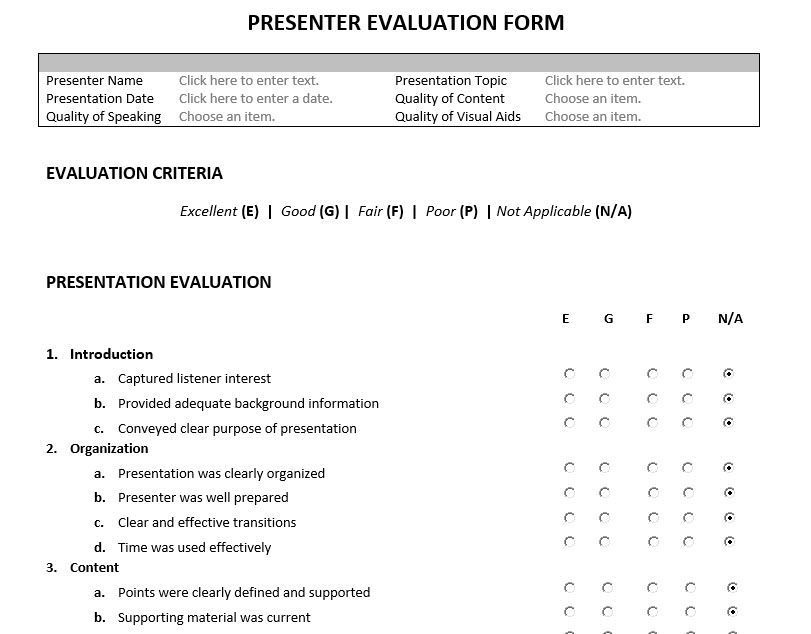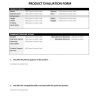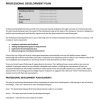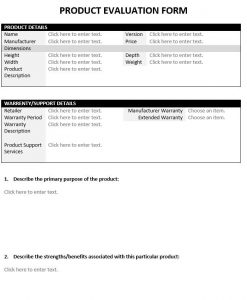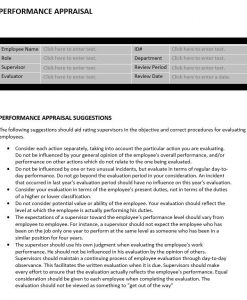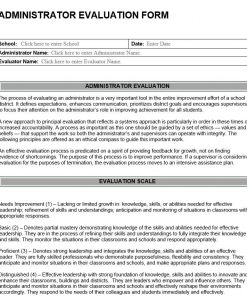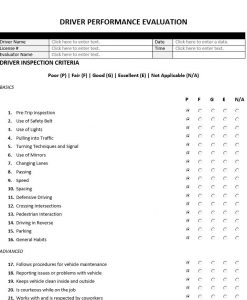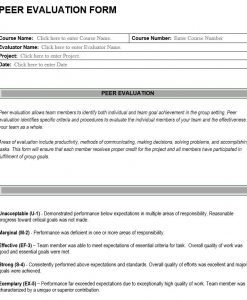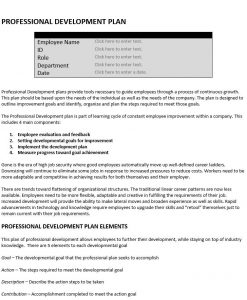Presenter Evaluation Form
$10.00
Presenter evaluation form is used to provide comprehensive, compassionate evaluations of speakers and help them in refining the skills it takes to become good communicators.
It’s important to use a presenter evaluation form to measure the effectiveness of overall programs or even individual sessions. A good presenter evaluation form can be used as an important tool to measure the effectiveness of a given program, and it can be used as a tool the measure the contribution that a speaker has on an organization’s objectives.
Although most attendees expect to complete an evaluation, it’s helpful to remember that they are usually more interested in leaving the presentation immediately when it concludes. Recognizing this challenge, provide some sort of incentive to have attendees complete the form. By providing a presenter with a helpful, positive and motivating evaluation, the result will be progress and growth of potential. Effective evaluations benefit the speaker by:
- Providing immediate feedback. Supportive commentary and helpful suggestions can reinforce positive speaking behaviors and point toward areas that need work.
- Offering methods for improvement. It helps the presenter recognize and then solve any difficulties that may have been encountered during a presentation.
- Building and maintaining self-esteem. Learn how to play up your strong points and correct speaking flaws and you can’t help but feel better about yourself.
- It stands to reason that the more effective we are in evaluating each other, the more each one of us will profit from the experience, whether we are delivering a speech, evaluating or sitting in the audience.
Presenter Evaluation Form: Steps for Success
How can you give a helpful and encouraging evaluation immediately after hearing a speech? There are several techniques available to help you master the art of evaluations. Use these guidelines when evaluating a presenter:
- Show that you’re interested. Focus on the presenter’s needs.
- Consider the presenter’s objectives. Contact the presenter in advance to discuss the manual objectives as well as the presenter’s personal goals and concerns.
- Personalize your language. Avoid using advice that starts with, “You…” Instead, focus on the word, “I…” So that you give your personal reactions, rather than attempting to speak for the entire audience.
- Evaluate the speech – not the person! Do not impose your values on someone else’s speech. Focus on helping the presenter communicate those thoughts in a more effective manner.
- Promote self-esteem. Encourage and inspire the presenter to participate again by offering honest and sincere praise along with criticisms.
Related products
Business
Business
Academic
Business
Academic
Business

